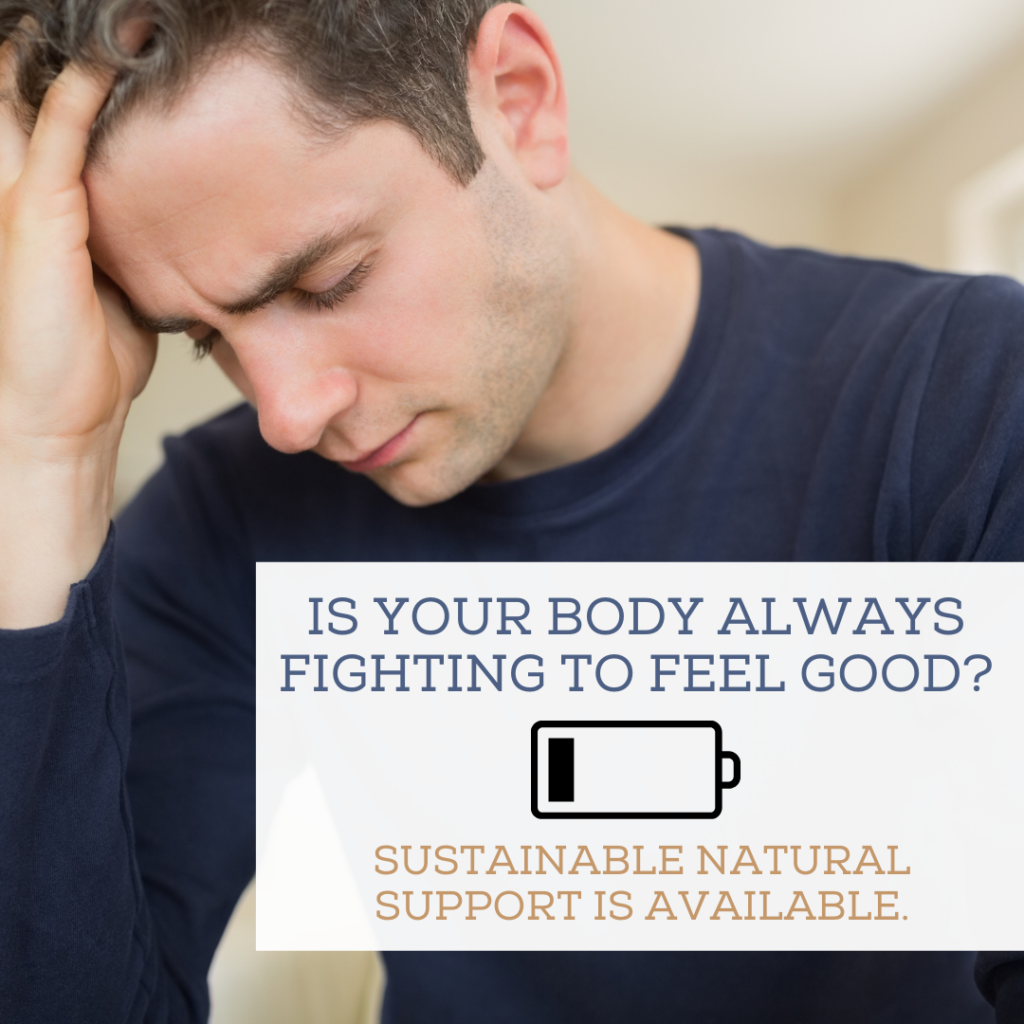 As we enter the second year of the Covid-19 pandemic, the media is abuzz with reports about post-covid syndrome. You may have read about the wide variety of long-term effects of Covid-19, from lung scarring to depression. If you have had Covid-19, you may be wondering if your current symptoms are related to your initial infection.
As we enter the second year of the Covid-19 pandemic, the media is abuzz with reports about post-covid syndrome. You may have read about the wide variety of long-term effects of Covid-19, from lung scarring to depression. If you have had Covid-19, you may be wondering if your current symptoms are related to your initial infection.
While this condition can seem confusing and overwhelming, we want you to know that there are steps you can take to prevent and treat the long-term effects.
The Post-Covid Blues
Across the world, covid survivors are struggling with symptoms months after an acute infection.1 Dubbed the “covid long-haulers,” these patients have reported symptoms across the map, from a loss of smell and taste to depression to hair loss. 1,2,3 While the most common manifestations are fatigue and shortness of breath, many patients are struggling with conditions that are less intuitively connected to the acute infection. These symptoms can vary widely from person to person, and can show up in any part of the body, including the lungs, heart, endocrine organs, and the brain.
Cytokine Storm
So, why do these long-term effects seem so random? And why does this syndrome affect some people and not others? By now, you have probably heard of the “cytokine storm” that can happen during an acute covid-19 illness. In this process, inflammatory messengers, called cytokines, direct our immune cells to mount a response to the virus.4 The likelihood of this cytokine storm rolling in seems to be dependent on the individual’s genetics, history of chronic conditions, and nutritional status at the time of infection.1
Collateral Damage
Unfortunately, in the effort to get rid of the virus, our immune system can cause collateral damage to our own cells as well. 1,4 The majority of post-covid complications are due to blood vessel damage, which can impact any part of the body. The resulting symptoms depend on where the damage occurred. For instance, if blood vessels in the lung were damaged, this can cause decreased oxygenation and result in shortness of breath. 1 Alternatively, if the blood supply to the brain is damaged, this can cause decreased blood flow and nutrient exchange to brain cells, and this can contribute to brain fog and cognitive decline.
The After-math
In addition to the inflammation during the acute infection, many long-haulers may have immune dysregulation that continues months after they have rid themselves of the virus. 1,2 For example, the brain fog, depression, and sleep difficulty that many long-haulers report may be a result of ongoing low-level inflammation in the brain as well as disruptions in the blood-brain barrier.
Consider your Medical History
One common theme that physicians have noted is that people tend to have post-covid symptoms in areas of their body that they have struggled with before.1 For example, if you have been diagnosed in the past with an autoimmune thyroid condition, increased inflammation in your thyroid may have worsened your constipation and fatigue. For others with a history of cardiovascular disease, they may be at a greater risk for heart failure and stroke. If you have had Covid-19, it may be time to reach out to your primary care provider for blood work and follow-up of your previous medical conditions.
A Holistic Approach
Certain therapies may be useful for most people during an acute infection and afterwards, to prevent the immune system from going haywire and to mitigate damage when it does. Glutathione is an antioxidant that is widely known for its capacity to neutralize the free radicals that are created during an aggressive immune response, thereby minimizing collateral damage during a cytokine storm.4 Anti-inflammatory herbs such as Boswellia, turmeric and omega-3 fatty acids may also be useful in quelling an overactive immune response.
Targeted Therapies
Remember, the manifestations of post-covid syndrome are different in each person, and therapies are not one-size-fits-all. Long-term healing for this emerging condition will likely involve targeted therapies, specific to the body systems involved, in addition to anti-inflammatory support. If you think you might be a Covid-19 long hauler, don’t panic. Before jumping to conclusions, reach out to your medical provider for further work-up and guidance. We are here to help.
References:
- Nalbandian A, Sehgal K, Gupta A, Madhavan MV, McGroder C, Stevens JS, Cook JR, Nordvig AS, Shalev D, Sehrawat TS, Ahluwalia N, Bikdeli B, Dietz D, Der-Nigoghossian C, Liyanage-Don N, Rosner GF, Bernstein EJ, Mohan S, Beckley AA, Seres DS, Choueiri TK, Uriel N, Ausiello JC, Accili D, Freedberg DE, Baldwin M, Schwartz A, Brodie D, Garcia CK, Elkind MSV, Connors JM, Bilezikian JP, Landry DW, Wan EY. Post-acute COVID-19 syndrome. Nat Med. 2021 Apr;27(4):601-615. doi: 10.1038/s41591-021-01283-z. Epub 2021 Mar 22. PMID: 33753937.
- Perrin R, Riste L, Hann M, Walther A, Mukherjee A, Heald A. Into the looking glass: Post-viral syndrome post COVID-19. Med Hypotheses. 2020 Nov;144:110055. doi: 10.1016/j.mehy.2020.110055. Epub 2020 Jun 27. PMID: 32758891; PMCID: PMC7320866.
- Nath A. Long-Haul COVID. Neurology. 2020 Sep 29;95(13):559-560. doi: 10.1212/WNL.0000000000010640. Epub 2020 Aug 11. PMID: 32788251.
- Silvagno F, Vernone A, Pescarmona GP. The Role of Glutathione in Protecting against the Severe Inflammatory Response Triggered by COVID-19. Antioxidants (Basel). 2020 Jul 16;9(7):624. doi: 10.3390/antiox9070624. PMID: 32708578; PMCID: PMC7402141.
- Zahedipour F, Hosseini SA, Sathyapalan T, Majeed M, Jamialahmadi T, Al-Rasadi K, Banach M, Sahebkar A. Potential effects of curcumin in the treatment of COVID-19 infection. Phytother Res. 2020 Nov;34(11):2911-2920. doi: 10.1002/ptr.6738. Epub 2020 Jun 23. PMID: 32430996; PMCID: PMC7276879.
Share
APR
